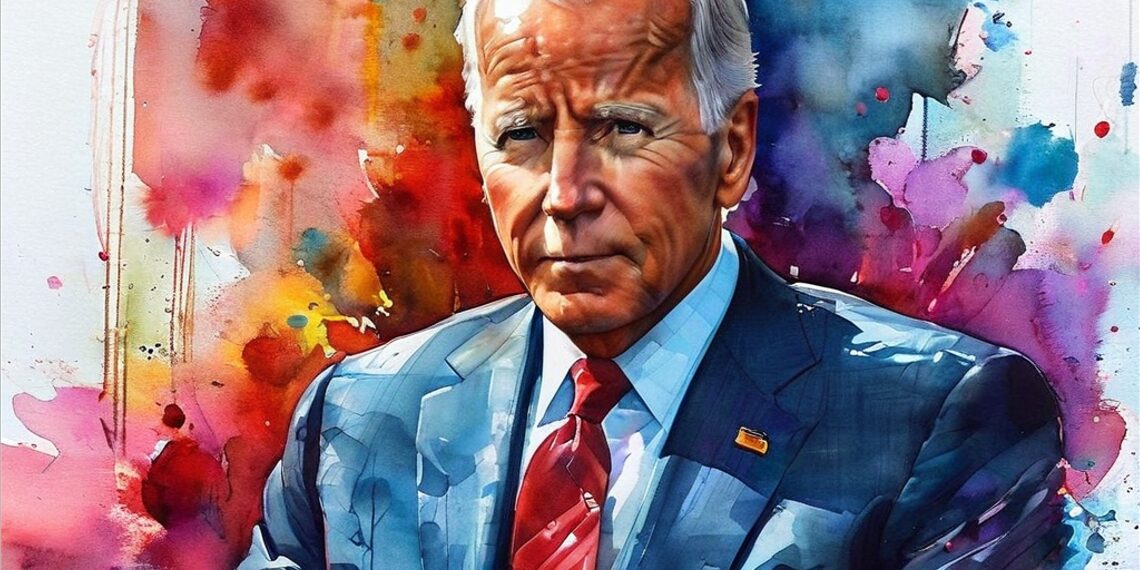The White House Office of Science and Technology Policy recently released the Blueprint for an AI Bill of Rights, which aims to protect civil rights from AI abuses. This blueprint addresses various fair principles, including safe and effective systems, protections against algorithmic discrimination, privacy, and transparency. AI and automated decision-making pose risks to civil and consumer rights, particularly among historically marginalized communities. Discrimination can occur in areas such as employment, housing, voting, lending, criminal justice, social media, surveillance, and profiling.
The emergence of generative AI systems like ChatGPT has intensified discussions on governing emerging technologies without impeding innovation. The Biden administration issued an executive order titled: “Safe, Secure, and Trustworthy AI,” which incorporates many principles from the blueprint. The order focuses on safety, with provisions emphasizing civil rights, equity, and prevention of discrimination through AI algorithms. The blueprint’s vision has been integrated into the order as guidance for federal agencies. Protecting civil rights and equity in AI regulation is crucial, as AI technology and algorithmic systems can introduce numerous harms and racial bias. Challenging these harms is complex, raising the need to protect civil rights as AI technologies permeate society.
The blueprint connects AI fair principles and equity to the U.S. Constitution and the Bill of Rights, highlighting the potential threat to democracy without these principles. Many civil rights organizations have prioritized combating AI-based discrimination, and new legislation has been proposed to address discriminatory impacts. Before the executive order was released, members of Congress and civil rights organizations urged the White House to incorporate the blueprint’s principles. Biden’s executive order now includes the vision of the blueprint, anchoring it in the context of civil rights. The long-term impact of the Blueprint for an AI Bill of Rights remains uncertain, but its inclusion in the executive order highlights its significance in protecting civil rights.
The whytry.ai article you just read is a brief synopsis; the original article can be found here: Read the Full Article…





